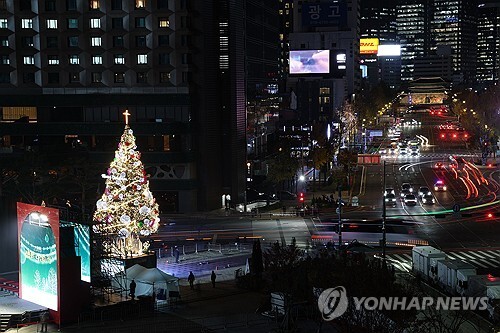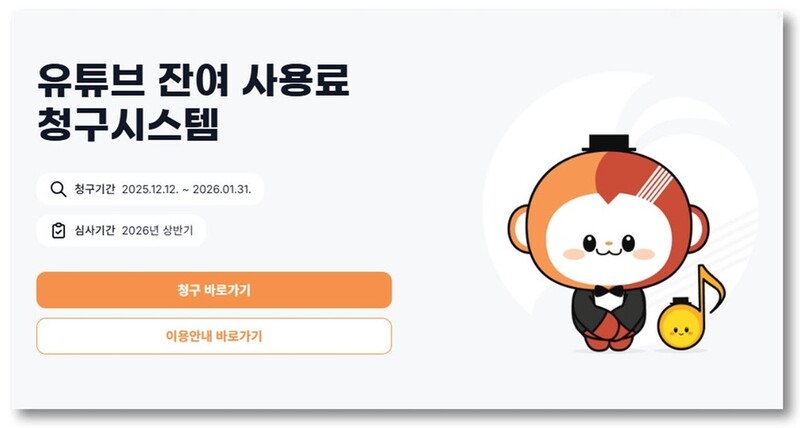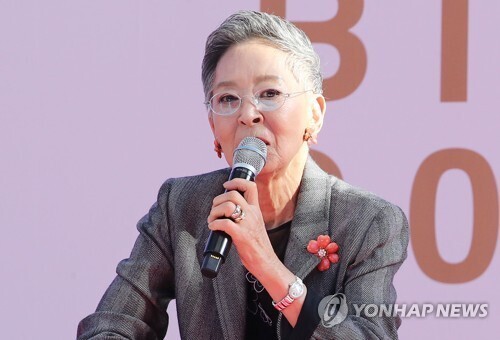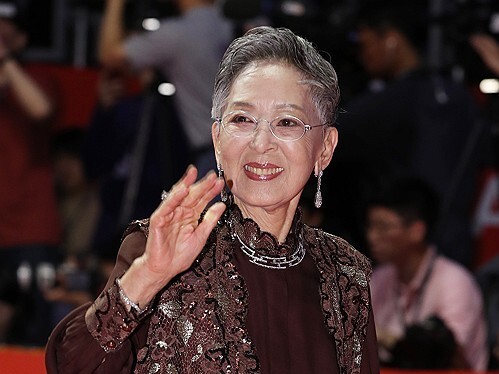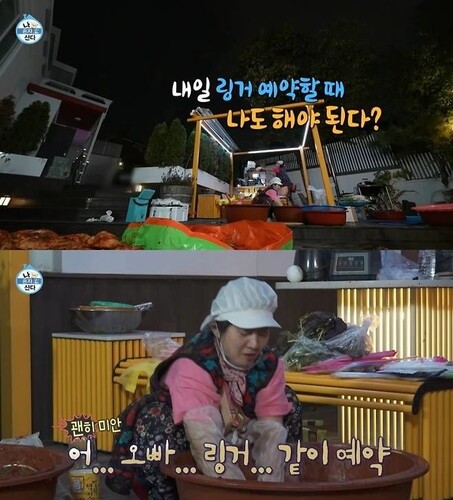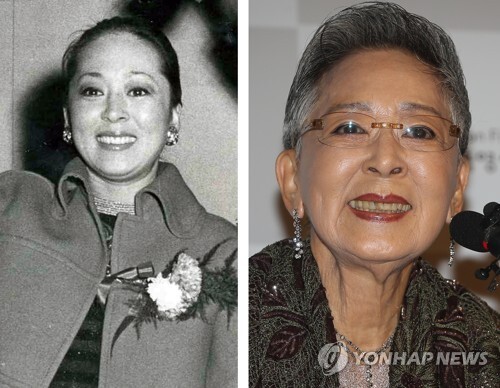(News Focus) APEC summit-preview
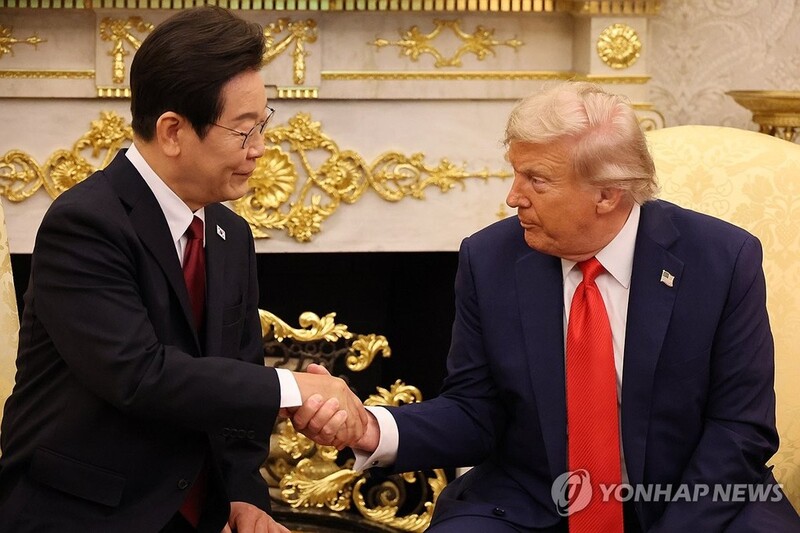 |
| ▲ In this file photo, President Lee Jae Myung shakes hands with U.S. President Donald Trump during their summit talks at the Oval Office in the White House, Washington, D.C., on Aug. 26, 2025. (Yonhap) |
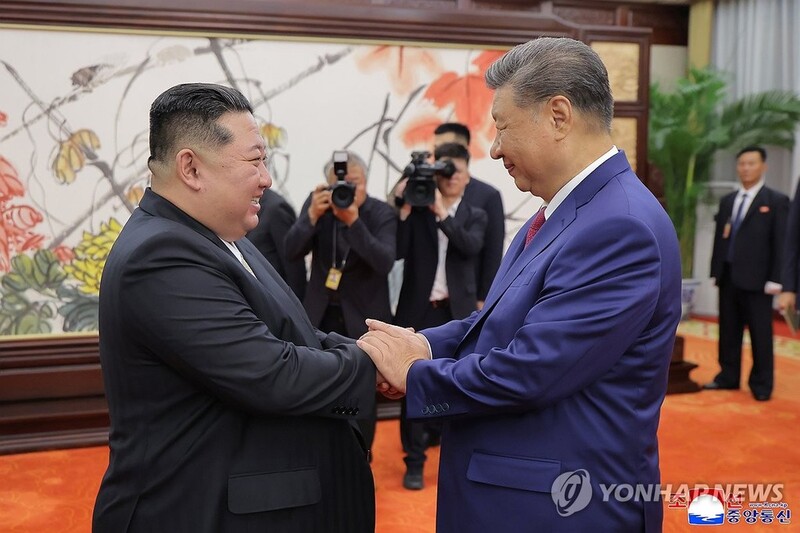 |
| ▲ This file photo, released by the Korean Central News Agency on Sept. 5, 2025, shows North Korean leader Kim Jong-un (L) meeting Chinese President Xi Jinping for summit talks in Beijing the previous day. (For Use Only in the Republic of Korea. No Redistribution) (Yonhap) |
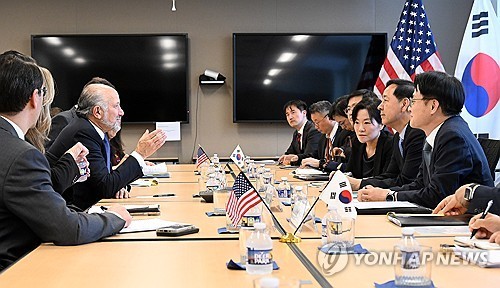 |
| ▲ South Korean Finance Minister Koo Yun-cheol (2nd from R) holds talks with U.S. Commerce Secretary Howard Lutnick (2nd from L) during their meeting to discuss bilateral trade issues in Washington, D.C., on July 29, 2025, in this file photo provided by the finance ministry. (PHOTO NOT FOR SALE) (Yonhap) |
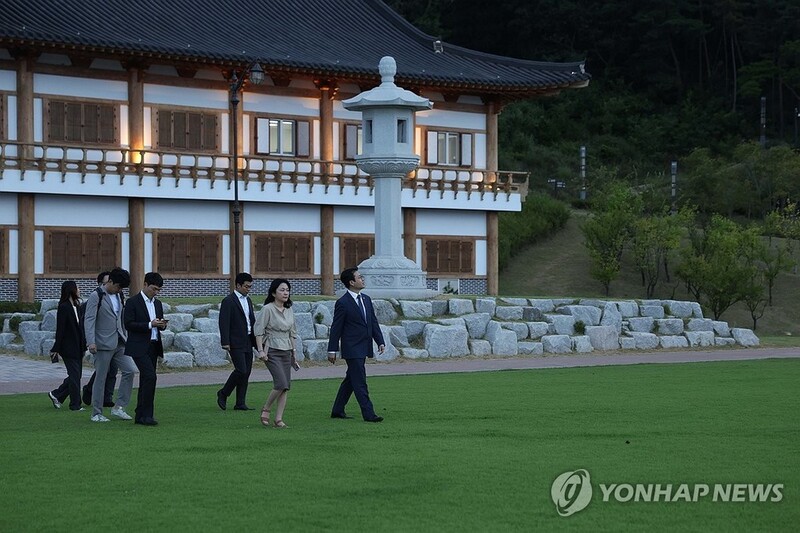 |
| ▲ Trade Minister Yeo Han-koo (R) inspects a venue for the Asia-Pacific Economic Cooperation summit in Gyeongju, about 320 kilometers southeast of Seoul, on Sept. 4, 2025, in this file photo provided by the Ministry of Trade, Industry and Energy. (PHOTO NOT FOR SALE) (Yonhap) |
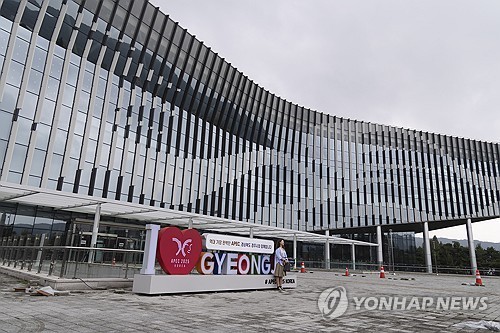 |
| ▲ This EPA photo shows the Hwabaek International Convention Center, a venue of the upcoming Asia-Pacific Economic Cooperation forum, in Gyeongju, South Korea, on Sept. 24, 2025. (Yonhap) |
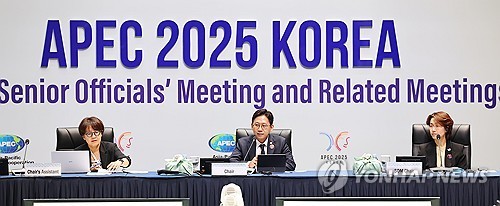 |
| ▲ In this file photo, South Korean Science and ICT Minister Bae Kyung-hoon (C) addresses a meeting of digital and artificial intelligence ministers from 21 Asia-Pacific Economic Cooperation forum member economies at the Songdo Convensia convention center in Incheon, west of Seoul, on Aug. 4, 2025. (Yonhap) |
(News Focus) APEC summit-preview
(News Focus) With Trump, Xi visits in sight, S. Korea eyes APEC summit to advance N.K. peace bid, tariff talks
By Kim Seung-yeon
SEOUL, Sept. 28 (Yonhap) -- With U.S. President Donald Trump and Chinese President Xi Jinping in the offing, the upcoming Asia-Pacific Economic Cooperation (APEC) summit may set the stage for South Korea to advance its North Korea peace initiative and stalled tariff talks with Washington.
The multilateral gathering, set to be held in the southern South Korean city of Gyeongju on Oct. 31 and Nov. 1, comes as the Lee Jae Myung government seeks to restore inter-Korean ties and revive the stalled nuclear dialogue between Trump and North Korean leader Kim Jong-un.
The summit also comes as Seoul seeks to maintain stable ties with China and leverage Beijing's role in facilitating talks with Pyongyang, carefully navigating its strategy amid the intensifying U.S.-China rivalry.
Lee is widely expected to hold bilateral summits with both leaders on the margins of the forum. If realized, it would mark the second summit with Trump in about two months and the first talks with Xi.
In his U.N. address Tuesday, Lee unveiled the "END" initiative -- a peace road map for the Korean Peninsula that calls for resuming exchanges (E), normalizing ties with North Korea (N) and denuclearizing the reclusive state (D).
The initiative follows Lee's "three-stage" approach to North Korea's denuclearization, starting with the suspension of its nuclear programs, followed by their reduction and dismantlement.
Despite debate over the feasibility of the plans, given North Korea's fierce resistance to relinquishing its nuclear arsenal and repeated rejection of Seoul's overtures, the initiative underscores Lee's determination to bring Pyongyang back to dialogue and break the nuclear deadlock, even at the risk of repeating his predecessors' failures.
In recent interviews with foreign media, Lee indicated he is open to granting North Korea sanctions relief in exchange for a freeze on its nuclear programs, warning that continued pressure would only prompt the North to produce more bombs.
"For the North Korean nuclear issue, we often think of this as a choice between all or nothing ... But I believe that there is a middle ground," Lee told Time magazine.
He told BBC it would be "an interim emergency measure" and a "realistic alternative" to "fruitless attempts toward the ultimate goal of denuclearization."
As Trump has touted his personal rapport with Kim and expressed willingness to meet him again "this year," attention is drawn to whether another meeting between the two leaders will materialize at the APEC summit.
Trump's third and last meeting with Kim took the world by surprise as they met at the inter-Korean truce village of Panmunjom in June 2019, a spectacle that came after Trump had offered to meet Kim via a social media message.
In an apparent response to Trump's outreach, Kim said at last week's parliamentary meeting that there is no reason for him to avoid meeting Trump, noting he has "a good memory" of the president, but only so long as Washington drops its denuclearization demand.
South Korea's top national security adviser Wi Sung-lac has downplayed the likelihood of a Trump-Kim meeting during the APEC summit.
Seoul is also likely to seize on the APEC event to hash out with the Trump administration details of their tariff deal that has dragged on since the two countries verbally reached an agreement in late July.
The two sides agreed to a framework under which the Trump administration will lower "reciprocal" tariffs on Korea and sectoral levies on Korean autos to 15 percent from 25 percent, in return for Korea's commitment to investing US$350 billion in the United States, along with other pledges.
However, they have yet to put the agreement in writing, with the two sides still far apart on how to finance the investment package and divide the profits. Seoul has pushed for loans and loan guarantees, while Washington reportedly wants its ally to make direct equity investments and claim most of the profits once Korea recoups its initial investment.
South Korea has proposed a currency swap line as a safety net. Lee has said in an interview with Reuters that the Korean economy could face a crisis comparable to the 1997 financial meltdown if his government accepts current U.S. demands without safeguards.
Lee said that he hopes the allies will "maintain the minimum amount of rationality" and reaching an agreement that guarantees "commercial reasonableness" will be key to finalizing the negotiations.
Speaking to reporters at the U.N. General Assembly in New York, Wi expressed hope that the tariff talks will be resolved during the APEC summit and said Seoul is working to reach a conclusion even earlier.
Xi's widely expected visit is also in focus.
If realized, it would mark his first visit to South Korea in 11 years. Xi last paid a state visit to Seoul in July 2014 at the invitation of then President Park Geun-hye. It has been speculated that Seoul is arranging a state visit for Xi.
Lee and Xi would discuss North Korea and other outstanding bilateral issues, such as China's steel structures in the overlapping area of the Yellow Sea that has sparked a row between the two countries.
On North Korea, Lee is expected to call for China, Pyongyang's traditional ally and biggest economic sponsor, to do its part to bring the North back to dialogue.
They could discuss North Korean issues in light of the expanding military ties between North Korea and Russia since Pyongyang's troop dispatch to aid Moscow's war against Ukraine under a bilateral defense treaty forged last June.
China invited Kim to its major military parade in Beijing earlier this month, where the North Korean leader stood alongside Xi and Russian President Vladimir Putin atop Tiananmen Square in what many saw as a show of solidarity against the South Korea-U.S.-Japan partnership.
Lee could also address ways to resolve China's unofficial ban on Korean entertainment and cultural content, such as K-pop concerts and TV dramas, imposed in 2016 in apparent retaliation for South Korea's deployment of the U.S. Terminal High Altitude Area Defense missile defense system.
The APEC summit itself will provide Seoul an opportunity to reinforce its global standing as a key international stakeholder, with the Lee government highlighting its brand of "pragmatic" diplomacy to tackle trade and other common challenges amid rising protectionism.
This year's gathering, held under the banner "Building a Sustainable Tomorrow," will focus on three pillars -- connect, innovate and prosper -- reflecting the forum's commitment to fostering a resilient and inclusive future.
The summit will address trade and investment, innovation, digitalization, and sustainable growth, APEC Senior Officials' Meeting Chair Yoon Seong-mee said earlier. It also aims to advance digital transformation in the region, addressing the digital divide and the growing role of artificial intelligence, as well as demographic challenges such as low birth rates and an aging population.
It remains to be seen whether the member states will reach consensus on key issues and produce a leaders' declaration, given their differing positions on trade and other economic agendas.
The summit is expected to draw some 20,000 participants worldwide, including about 3,500 government delegates from the 21 APEC member economies.
Ministerial meetings of top foreign and trade officials will be held the same week ahead of the main summit session, followed by a gathering of global business leaders.
(END)
(C) Yonhap News Agency. All Rights Reserved













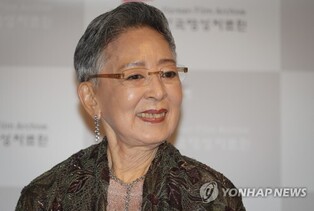

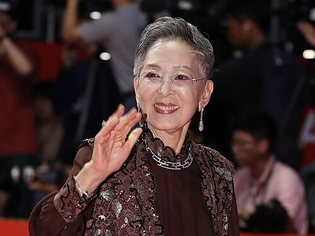
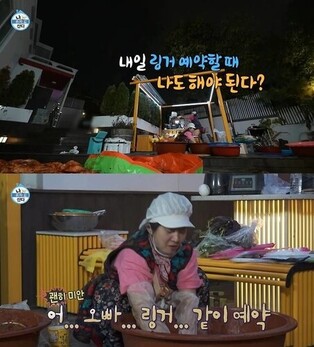
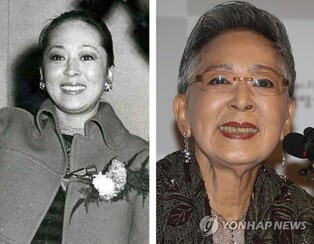
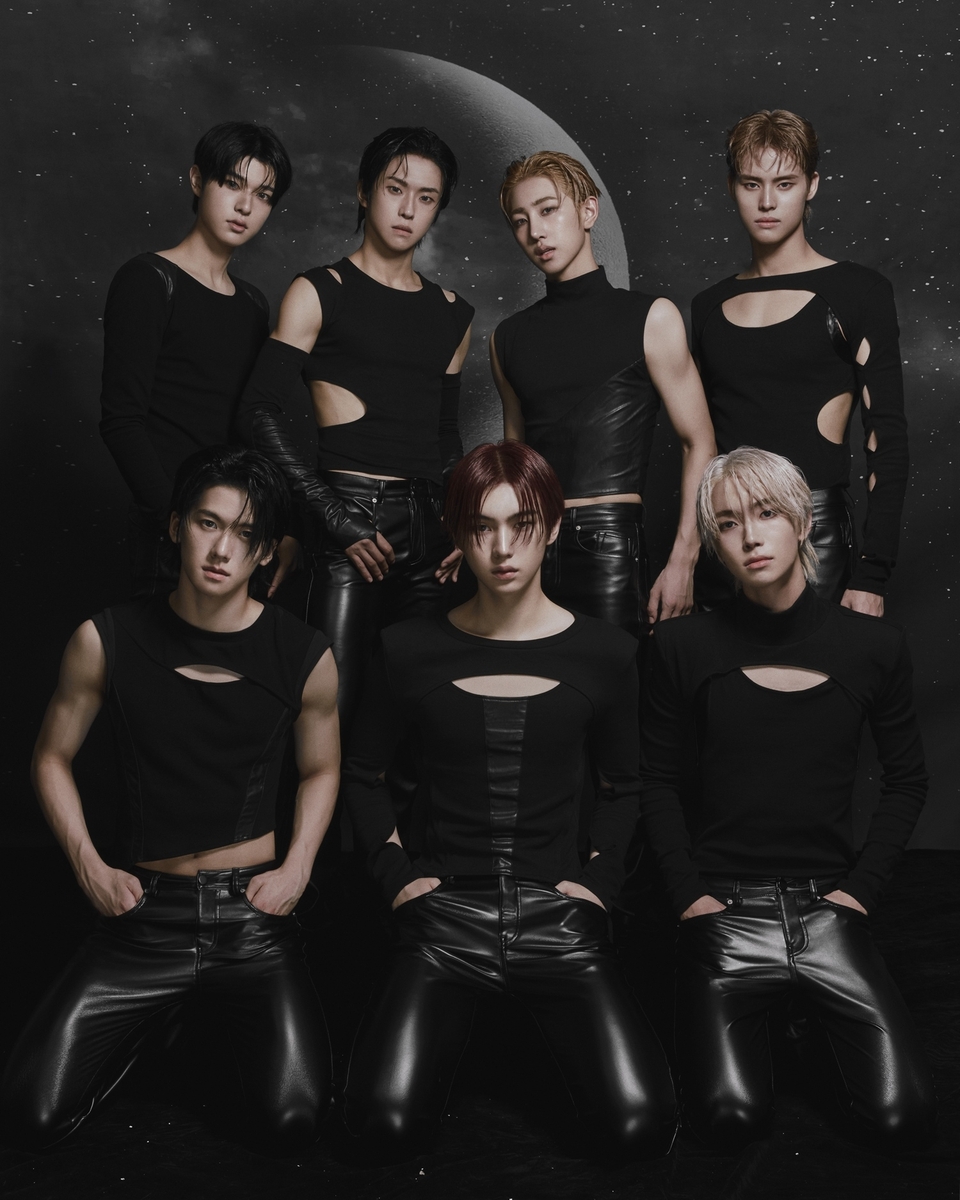
![[가요소식] 지코, 요아소비 이쿠라와 신곡 '듀엣' 발매](https://korean-vibe.com/news/data/20251212/yna1065624915953509_920_thum.jpg)
